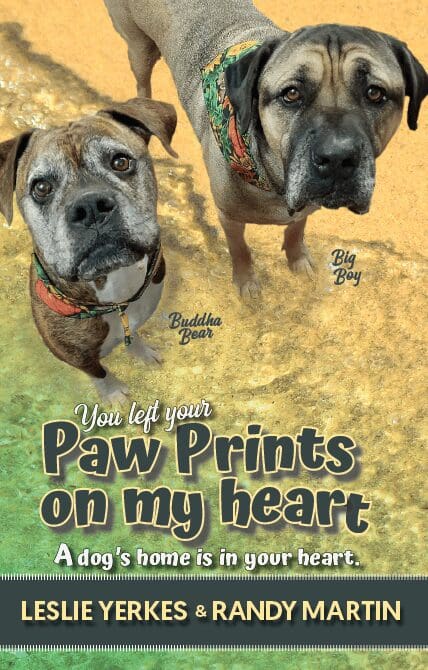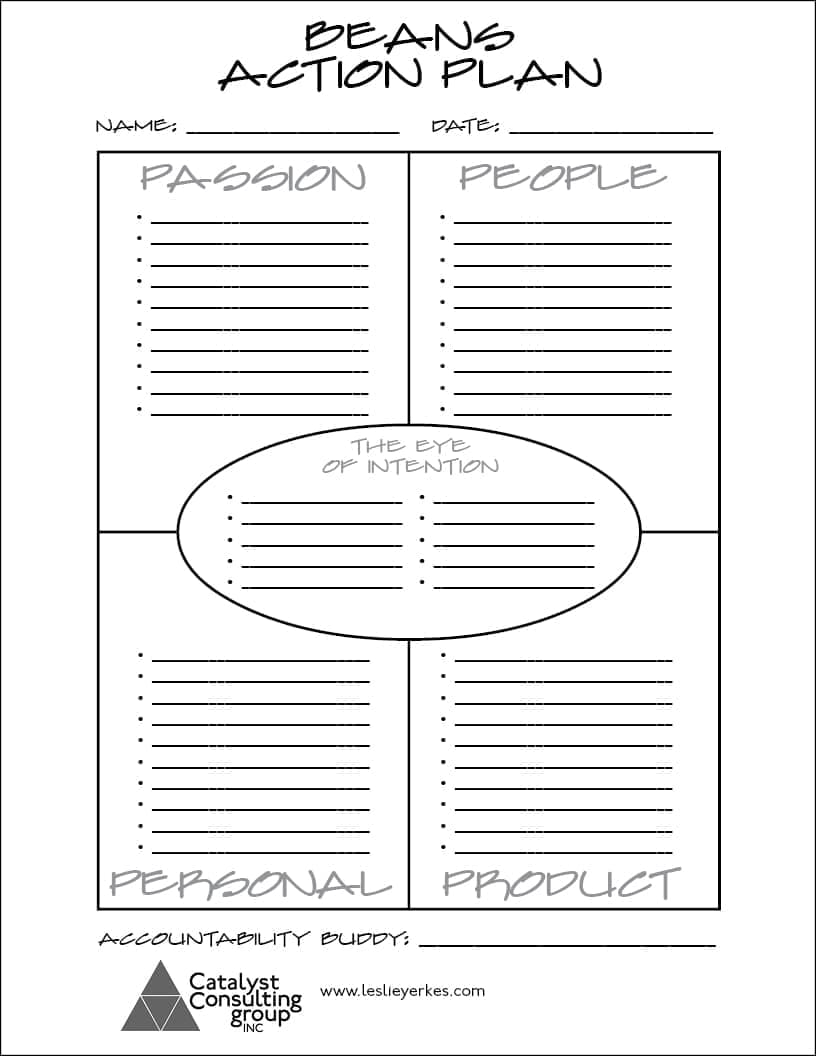
“I have measured out my life in coffee spoons.”
— T.S. Eliot
The Love Song of J. Alfred Prufrock
In my most recent blog, I shared that I put on my speaker shoes and participated in the COSE BIG Summit in Cleveland.
The topic that was chosen by the event designer was: How do you remain resilient in good times and bad?
I believe that I proposed this topic because of how challenging the choice of starting, growing, and maintaining a small business can be. In my earliest years of entrepreneurship, I felt like each day was a sprint and I was perpetually out of time in relationship to all that I needed to accomplish. Burnout was my enemy – yet I continued to put myself on that path. After several cycles of burnout and recovery, I changed my mindset to think of my work life as a marathon and not a sprint. It was about pacing one’s self and knowing that the journey would be long with different challenges. There would be times for walking, jogging, and running. Being the fastest was not the objective — finishing the race was.
The content that accompanied the title of the speech was: This session will help participants to explore and chart how to plan for long-term business health and growth with a philanthropic approach to leading and managing an organization that cares for its customers, workforce, and community.
When I wrote the description, it sounded good and appealing — and it reflected my personal journey. But now I needed to ponder how to approach this speaking engagement and with what content.
During the first year of the Pandemic my mantra was Be Resilient, Reinvent Yourself and Your Work, and Stay in Relationship. I considered the lessons from the Pandemic as my framework.
Then I realized that I had another story that involved a real business which taught me the principles for running a business in good times and bad. This business inspired a book, co-authored with Charles Decker, entitled Beans: Four Principles for Running A Business in Good Times or Bad.
I love this little business fable that took me to Seattle to observe a business whose clientele walked past competitors to stand in line (sometimes in the Seattle drizzle) to acquire their daily cup of Joe. This business started pre-Starbucks as a pushcart in the Seattle Space Needle. The owners were flight attendants who brought their love for coffee, people, and the unique international brewing experience back to their hometown. Each day they introduced a new coffee experience to curious customers and made it an experience to remember.
The pushcart became a walk-by window that Seattleites found and became raving fans contributing to the line of folks, waiting for their coffee at all hours of the day. As other coffee shops opened, customers still walked by more comfortable settings to secure their favorite coffee concoction from the friendliest barista.
My co-author, Charles, who worked at Amazon at the time, witnessed the phenomenon of long lines and contented customers (who had numerous other choices for coffee) every day on his way to work. Knowing that I love to learn about successful businesses and what makes them tick, he encouraged me to make a trip to Seattle.
What was to be a few days turned into a week of talking to and observing what happened each day at El Espresso. I interviewed the owners, the baristas, the customers, and whoever would talk with me. And I drank a lot of coffee.
Each day the formula for their success showed up in my notes and by the end of the week I had something to share with the owners and ultimately the rest of the world.
When I shared this framework, the husband-and-wife team was surprised and a little bit in denial. They declared that they didn’t have a formula and that what they did just came naturally. It was a plan that contributed to their business success by a set of principles that they learned from all their work experiences that they just applied naturally.
I didn’t invent these principles. I witnessed them in action — consistently, everyday, by every person. I discovered that it was contagious and spread into the customers standing in line and they contributed to the culture that was created in line on the sidewalk at the El Espresso every day.
• Are you curious?
What I discovered was the formula for their business success and what carried them through the first challenging years of bringing a new experience and product to market, contributed to creating a foundation of followers who moved with them from location to location, and provided stability in good times and bad.
The first principle that was abundant and the engine behind their success:
Passion – You’ve gotta have it or you’ve gotta find it. It was the owner’s passion for coffee and a service relationship that put this new business together.
People – You’re known by the company that you keep.Their passion was shared by their baristas who came from a variety of backgrounds but discovered that they too loved coffee and people. And together they all helped create a new coffee experience that ignited the spirit of coffee in their customers.
Make it Personal – Everyone wants to be a regular.You didn’t stand in line long at the El Espresso. You were greeted by your name and your preferred coffee drink was already prepared. Birthdays and special milestones were observed, and support offered in times of need. It wasn’t just what the barista shared with the customers. Customers took an interest in each other, and a community was established. It wasn’t just a transaction — it was a daily check in on humanity. And what I observed was that you cannot put a value on that feeling. This was more than a coffee ‘watering hole’.
Product –People Don’t Pay Good Money for Bad CoffeeThe principles are the accelerator but the foundation of a great business will always be the quality and consistency of its product or service. This includes constant innovation and the need to respond to the market. To grow, the El Espresso needed to teach every barista how to deliver on the promise of excellence and the desire to maintain this consistency even when the days were long, the lines of customers continuous. Their commitment to both a great brew and friendly connection was the standard.
I discovered that Passion played into Service Excellence and Product Consistency. Also, that the quality of the people who took the time and effort and made their work Personal to each customer was a circular energy source that kept everyone feeling good — in good times or bad.
I proudly retold this story and shared these principles at the end of a long summit. It felt good to revisit what I learned in the early 2000s and re-incorporate it into my own work life.
Passion – How do you find yours? How does it show up at work each day? What do you do when your passion is at its low ebb? How do you light the passion light of another person?
People — Who Do You Want to Be at Work? What Kind of People Do You Want to Work with? Who Do You Want as Your Customer? How do you want to be perceived and received?
Make it Personal — How Can You Make Each Interaction Personal and Authentic?
Product — How can you create an environment where consistent product excellence can be sustained?
• What are the principles and values that guide you every day in your work life?
There is more to the story of El Espresso’s business journey. I will save the last big discovery of a principle that saved the business from taking the wrong path for another day.
Sometimes it is good to get back to the basics. I needed this speaking opportunity to remind me of some of the things I have learned over the years in my work life. Today, I am going to recommit myself to using all that I know and have learned for good.
That is how I spiced up this speech with some new content.
I didn’t learn the spirit of generosity in Seattle at the El Espresso, though it was there in abundance.
I learned it from my parents and saw its effects in Cleveland. This is a relationship region. And over the years, in the good times and especially in the difficult times, I learned to give my services where they were needed. I trusted that the universe would provide – and it has.
My last piece of shared knowledge for the participants was to get involved in the community. COSE is a tribe of fellow small business owners that would become friends for life. And that when opportunities presented themselves to trust that giving their services to address a need would return in other ways like a boomerang. I let them know that their business leadership skill would be well used on Boards and within their community.
By taking care of their business and giving back to the community it raises all ships.
I have a hunch that is why I am still in Cleveland, still a small business owner and still loving what I do every day.
Leslie
“Success is like failure.
It’s what you do with it,
not how you achieve it”
— Stephen Sondheim

Photo by Dan Morgan, www.StraightShooter.com



Recent Comments